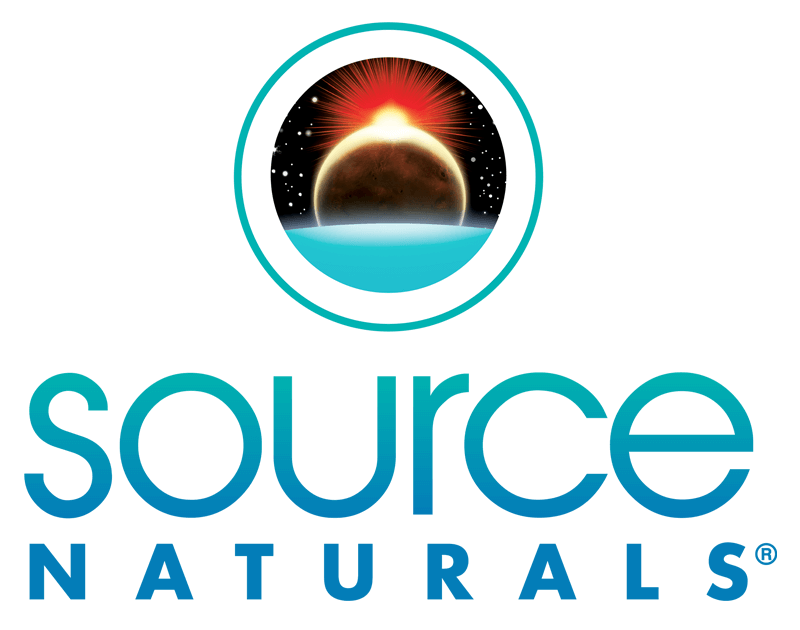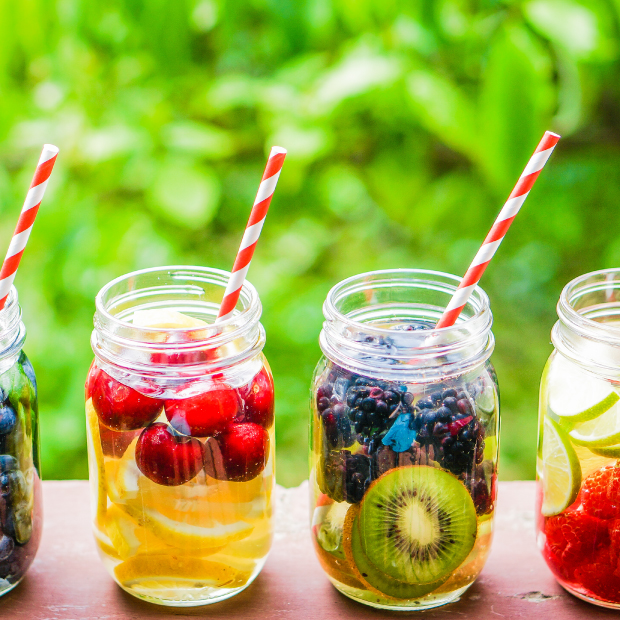
Most definitions of “wellness” refer to an ongoing process, the balance between how you are and how you feel, between what brings you happiness and what causes you stress and anxiety.
Today, wellness also includes what you do online. Where the extremes of happiness or anxiety are concerned, it can be both cause and effect, wellness and its opposite.
So what does wellness mean when you can run your whole life from the palm of your hand?
Online Resources Are No Substitute for Participation
Authentic, trustworthy online wellness resources (which is what we try to be at Source Naturals®) can be useful sources of knowledge, inspiration, and empowerment. Being able to carry these resources in your pocket is incredibly convenient.
Nevertheless, users are becoming increasingly uneasy about the proportion of time that onscreen activities are occupying in their lives; the more apps they use, the less happiness and overall satisfaction they report to researchers.
There are millions of nutrition websites, health influencers, and social wellness feeds, plus more than 320,000 health and fitness apps on the major app stores, yet there’s been precious little research done to see if they’re actually helping people achieve their goals. Especially on our phones, the pleasurable sensations of posting and commenting and reading and scrolling through wellness ideas are keeping us from actually doing any of them for ourselves.
“Apps alone can’t do it,” says Bond University researcher Oyuka Byambasuren about her recent meta-study reviewing what research exists. She and her colleagues found that apps were much more likely to be effective if they were used in conjunction with real-world support from health specialists.
Wellness is a participation activity, not a screenshot.
Take Your Wellness Analog
For his book Digital Minimalism, Cal Newport got 1,600 volunteers to swear off social media for 30 days. Participants commonly reported “surprising joy of rediscovering leisure activities that used to be unexceptional, like reading random library books, knitting, or building something with your hands. Participants were often shocked to realize the degree to which these simple but fulfilling pastimes had been pushed aside by social media use that didn’t make them happy. Once they replaced digital activities with real-world experiences, few were willing to go back to the general vague feeling of missing out that characterized their former online routines.”
Why not take yourwellness analog, too?
- Joina social activity group, like a yoga studio, a walking or running group, a local CrossFit box or health club class, even an interest group like plein air painters or scratch musicians. The point is to be doing something real, not online.
- Pair upwith a wellness buddy. Whatever your fitness or stress-relief goals, accountability is key to achieving them. Having a companion to share your challenges and celebrate your victories will make it easier (for both of you).
- Be fully presentin your activities; don’t miss the glory of the sunset by looking at it through your phone. Whatever you do, really do it first—then find a creative way to describe and share the experience later.
- Make your phone your tool, not your master. Use it for the wonderful ways it can teach or lead—play an exercise video or guided meditation, for example—but when the program is done, put the phone away and do the thing or breathe the calm for yourself.
Your wellness is not online, but it isin your hands. When your real-life well-being and your onscreen activities have their own spaces in your day, you're not missing out—you’re gaining the best of both worlds and living your best, most unstoppable life.
Resources
Check out these resources online—then get offline and get busy! (We’ll be right there with you.)
ABC News Breakfast, “There Are 250,000 Fitness and Health Apps—but Little Evidence They Work,” ABC Australia, 5/16/18. Accessed 2/20/19.
Alyse Kalish, “6 Different Ways to Make Yourself Less Dependent on Technology (Without Throwing Away Your Phone),” TheMuse.com, undated. Accessed 2/20/19.
Benedict Carey, “This Is Your Brain Off Facebook,”The New York Times, 1/30/19. Accessed 2/20/19.
Cal Newport, Digital Minimalism, Portfolio, 2019. ISBN 978-0525536512.
Lali Kesiraju and Toby Vogels, “Health & Fitness App Users Are Going the Distance with Record-High Engagement,” Flurry Analytics Blog, 9/7/17. Accessed 2/20/19.
Nitasha Tiku, “The Unbearable Untidiness of Our Digital Lives,” Wired, 1/17/19. Accessed 2/20/19.
Pew Research Center, “Mobile Fact Sheet,” 2/5/18. Accessed 2/20/19.
Raian Ali, et al., “Digital Addiction: How Technology Keeps Us Hooked,” TheConversation.com, undated. Accessed 2/20/19.









